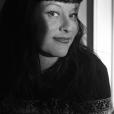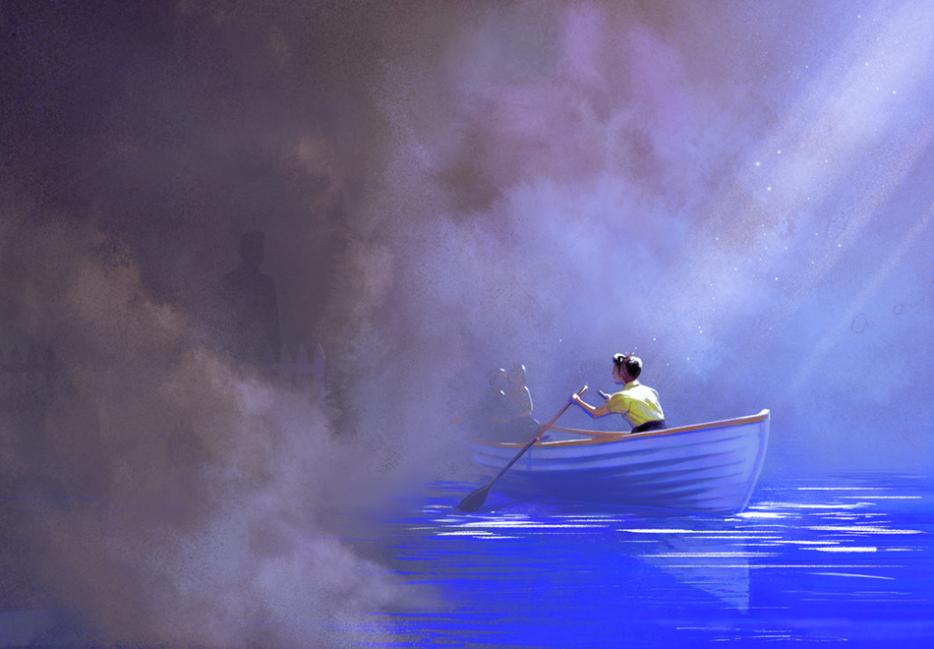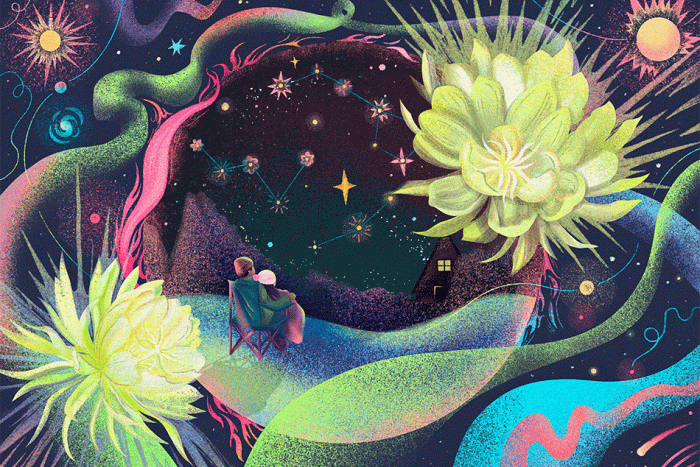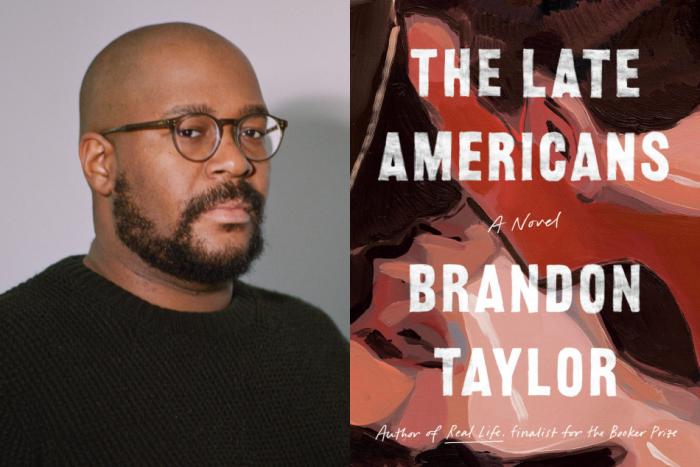I met my ex-husband as a single mother of two with a grade nine education. But in my first year of university as a mature student, I was brimming with a sense of accomplishment and liberty. I felt like Shiki who wrote,
WE ROWED INTO FOG,
AND OUT THROUGH FOG…
OH HOW BLUE
HOW BRIGHT THE WIDE SEA!
As a child, the blue had always welcomed me. But from the wide blue I’d gazed with longing at white picket fences beyond the fog—a narrower trajectory for my sightline, true and sharp, more specific than blueness, piercing white, the clarity of their picket points—a goal beyond the fog. But the picket fences were white and I’d grown up the child of immigrants in the seventies. I knew on some level white picket fences weren’t meant for me but I couldn’t see past the fog into the houses, and I wanted to know who lived in them.
For a half hour each day, I delighted in seeing who lived in the houses on television. A portable television with a twelve-inch screen and a turn dial. Fog on most channels. Maybe family sitcoms only loved the fantasy of the family that was in front of the camera and never considered if obsessions with white picket fences were the real disorder. But there was something around love and freedom, to wake up each day like rolling out of fog into sunshine and blue as far as the eye can see. But the shadows and cracks had always lurked beyond the rolling cameras.
I married a man with blond hair and green eyes, “when men were men and women were women” who shared with me a belief in the myth that white kept good things in and bad things out.
WE ROWED INTO FOG.
We moved into a white bungalow by the sea.
We chased picture-perfection, chased happily-ever-after.
I wore fifties clothes and cooked from fifties cookbooks in a subculture known as “rockabilly.”
WE ROWED INTO FOG.
I wrote historical fiction and my husband played in a fifties band.
WE ROWED INTO FOG.
I read fifties books with my children and we played vintage games like Snakes and Ladders that I bought in thrift stores.
We’d found ourselves behind a white picket fence and I grabbed the chance to put my children behind one. And, for a while, we had a family, picture-perfect, in front of the white fence.
But then at eight years old, my youngest child was diagnosed with pediatric OCD. At sixteen, my older child attempted suicide. Then my twenty-year-old stepson moved into our fraught household, dragging beer bottles and a drinking problem behind him.
The picket fence shuddered as the ground opened beneath us to take us all down. We fought over the family, while the baby gets thrown to the ground. We threw stones while the children burned like a brand in the fire.
My husband argued the family must conform to meet his own definition with all of the armed forces of toxic masculinity.
I argued the opposite. The definition of family must change to accommodate its members. Had I had the proper vocabulary, I might have said, “My family is neurodiverse and gender fluid.” I might have said my children, want to be seen by you, but are not being seen by you.
“Telling gay-bashing jokes at the dinner table isn’t funny,” I said.
I argued that family had always been the core value of the myth. Not conformity. But I could not yet see my husband’s inability, or reluctance—it didn’t matter which one, they both looked the same at the end of the day. He’d vowed, vowed but that vow was broken. To accept my children for anything but who they were was a sickness all of its own.
For the first time, I understood despair and saw my children burning.
I decided the only way to save them was to sacrifice myself.
OH HOW BLUE
I ended up in the psych ward.
OH HOW BLUE.
While I was there, my husband snuck out with the furniture and left the children behind.
OH HOW BLUE.
The illness started and grew, originated and found root in something around needing love. But an illness can become the converse of what it normally is, when the illness is like a false belief, clutched in the face of new information. Here it is defiance not to want to be oneself. Defiance. Not despair. And out of a new formula for despair, glory snuck up on me like fog moving across the land.
Today I’m divorced. The mother of two grown children, one in college, one working full time. I have a master’s degree. I have another house by the sea. Here the wide sea is curtailed by a breakwater; here the sea narrows into crooks and crannies; here the sea nurtures bays full of starfish and jellyfish, seals, otters, and sea lions, hugs a coastline of inlets; barnacles, clams, and mussels live in sheltered harbours. I am a different person in time and space but the journey into and out of the fog hasn’t changed.
I’ve rowed through a lot of fog and found many seas, some intensely strange, some profoundly terrifying, some blue and bright. Insights must be anchored but how wide the sea, how unfathomable. It’s impossible to anchor where the sea is bottomless; insights instead catch on hooks of sunshine. In the distance, a cruise ship blares the Love Boat theme on its horn. Each day I row into the unknown, hands on the oars.
HOW BRIGHT THE WIDE SEA!






